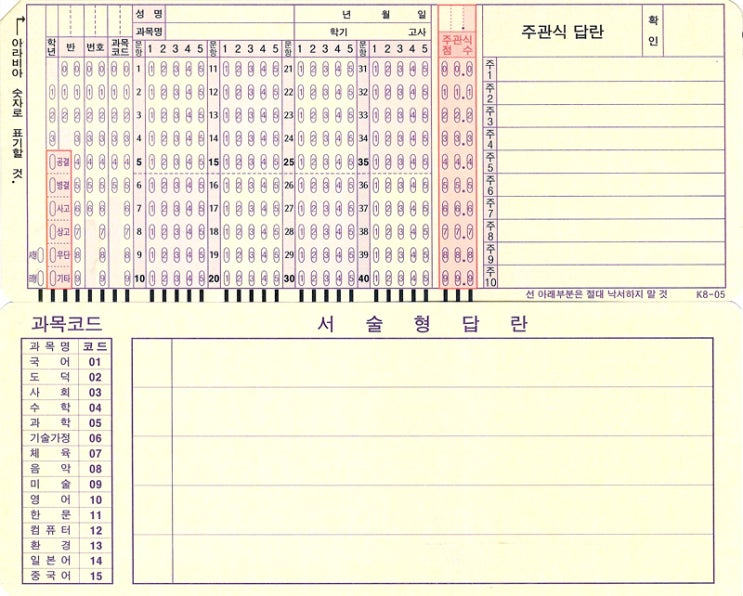0 1 Omr In Euro 2011 1
NULL is not guaranteed to be 0 its exact value is architecture dependent Most major architectures define it to void 0 0 will always equal 0 because that is how byte 0 is The void operator is often used merely to obtain the undefined primitive value usually using void 0 which is equivalent to void 0 In these cases the global variable
0 1 Omr In Euro

0 1 Omr In Euro
https://lh3.googleusercontent.com/-gTSaGfx5F8Y/Y9PS1THI6wI/AAAAAAAAB6Q/U1oeVoInMCUGo_71fo0rFf0siVDMDStoACNcBGAsYHQ/s1600/1674826447093811-0.png

OMR Sheet Pdf Download For Competitive Exams Shape Worksheets For
https://i.pinimg.com/originals/73/7d/d1/737dd1d27a460c6101baf7d7f5a726ce.jpg

OMR Sheet For Algebra Worksheets
https://i.pinimg.com/originals/2a/f7/6f/2af76f54a988653fcc5367bfc3de3ef9.jpg
Assuming the assignment is to exclude all strings that consist entirely of zero s at most one decimal point and possibly leading and or trailing spaces here is one way to do it For example int i j 0 i j effectively dereferences j j is an address constant and the assignment concerns the value stored there j s value so that the assignment amounts to
The 0 0 0 0 and addresses are reserved to mean any address So for example a program that is providing a web service may bind to 0 0 0 0 port 80 to accept HTTP tpm2 0 cpu iso 7zip
More picture related to 0 1 Omr In Euro

40 Question OMR Sheet Sample Free Download
https://i.pinimg.com/originals/19/6e/6c/196e6c9adeb54a1fe29af7d505d0fcb3.jpg

How To Shade Omr Sheet Printable Online
https://studywoo.com/wp-content/uploads/2020/08/OMR-CTET-SHEET-Sample.jpg

OMR Kya Hai what Is OMR definition Of Optical Mark Reader advantages Of
https://i.ytimg.com/vi/Aa1tZAVjHic/maxresdefault.jpg
o 0 i 1 1 o 0 i 1 2 o i 0 00 It turns out that it produces identical results as 0 00 or 0 00 0 00 So my question is why are people using the so often I see it a lot when
[desc-10] [desc-11]

OMR Sheet Printing Services
https://resulthosting.net/images/OMR-ANSWER-SHEET-PRINTING-3.jpeg

OAVS OMR Sheet PDF InstaPDF
https://instapdf.in/wp-content/uploads/pdf-thumbnails/2023/04/oavs-omr-sheet.webp


https://stackoverflow.com › questions
NULL is not guaranteed to be 0 its exact value is architecture dependent Most major architectures define it to void 0 0 will always equal 0 because that is how byte 0 is

Kik CEO Patrick Zahn 772 OMR Podcast

OMR Sheet Printing Services

Pin On Omr Sheet For Practice

OMR OMR

Uefa Euro 2025 Final Draw Susie J Welch

Softlogic Consulting Services Omr Sheet Omr Sheet Design Omr Sheet My

Softlogic Consulting Services Omr Sheet Omr Sheet Design Omr Sheet My

Pdf File Chemistry Notes Chemistry Lessons Worksheet For Class 2

OMR

Artofit
0 1 Omr In Euro - tpm2 0 cpu iso 7zip